MOVEMENT DISORDERS
MOVEMENT DISORDERS: Causes, Symptoms, and Treatment
What Are Movement Disorders?
Movement disorders refer to a group of neurological conditions that affect the ability to produce and control movement. These conditions cause abnormal voluntary or involuntary movements and interfere with posture, balance, and coordination. Common movement problems include tremors, stiffness, involuntary movements, and difficulty walking. The type and severity of symptoms depend on the specific disorder and the area of the nervous system involved.
At Mir Neurology, care focuses on accurate diagnosis and effective treatment of movement disorders. Comprehensive evaluations and individualized treatment plans help improve mobility, daily function, and quality of life.
Types of Movement Disorders
There are several types of movement disorders, each with distinct causes and symptoms. Common conditions include:
1. Parkinson’s Disease
Parkinson’s disease is a progressive neurological disorder that affects movement control. It is characterized by
Tremor at rest
Bradykinesia or slowed movement
Muscle rigidity
Postural instability and balance problems
Parkinson’s disease progresses over time, and symptoms worsen as the disease advances.

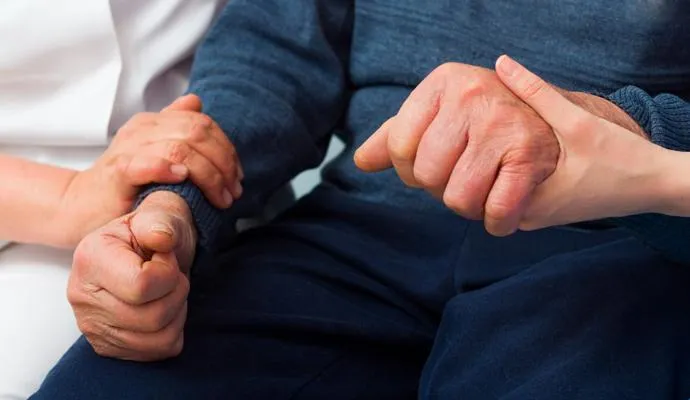
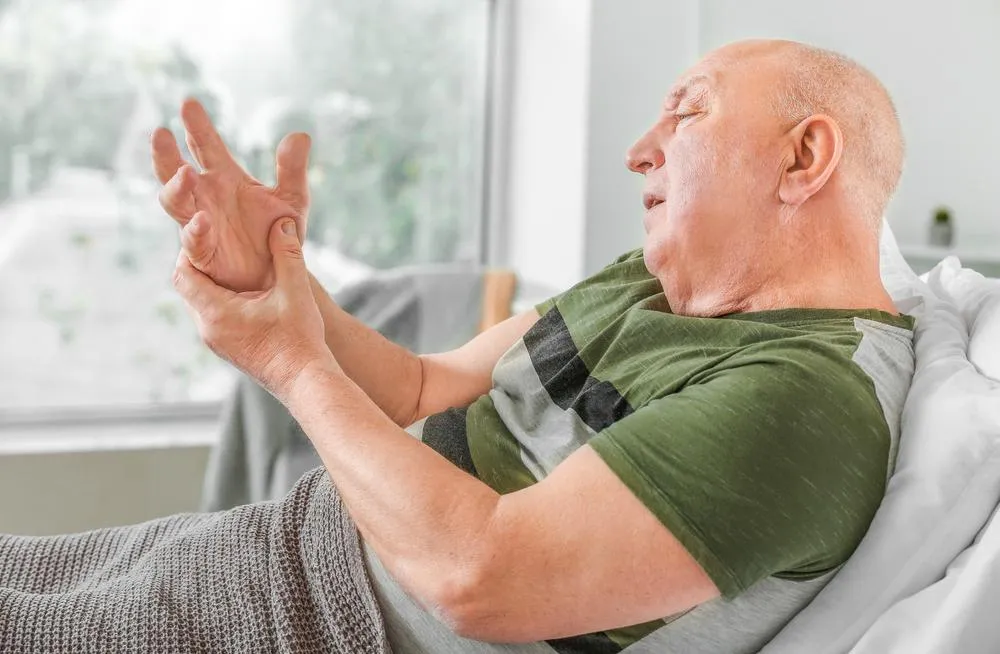
2. Essential Tremor
Essential tremor is one of the most common movement disorders. It causes rhythmic shaking, most often in the hands, arms, or head. Symptoms usually occur during movement and are not associated with stiffness or slowed motion.
3. Dystonia
Dystonia causes involuntary muscle contractions that result in twisting movements or abnormal postures. These movements can affect various body parts, such as the neck (cervical dystonia), face (cranial dystonia), or hands (focal hand dystonia).
4. Huntington’s Disease
Huntington’s disease is an inherited neurodegenerative disorder characterized by involuntary movements, cognitive decline, and behavioral changes. Symptoms typically begin in adulthood and progress over time.
5. Tourette’s Syndrome
Tourette’s syndrome is a neurological disorder marked by repetitive motor and vocal tics. Examples include eye blinking, head movements, throat clearing, and vocal sounds.
6. Ataxia
Ataxia refers to a group of disorders that affect coordination and balance. It is often caused by damage to the cerebellum, the part of the brain responsible for motor control. Symptoms can include difficulty walking, poor coordination, and unsteady hands.
7. Restless Legs Syndrome (RLS)
Restless legs syndrome is a condition that causes an uncontrollable urge to move the legs, often accompanied by uncomfortable sensations. Symptoms usually worsen during periods of rest and at night.
8. Tardive Dyskinesia
Tardive dyskinesia develops after long-term use of certain antipsychotic medications. It causes involuntary movements such as facial grimacing, lip smacking, and repetitive limb movements.

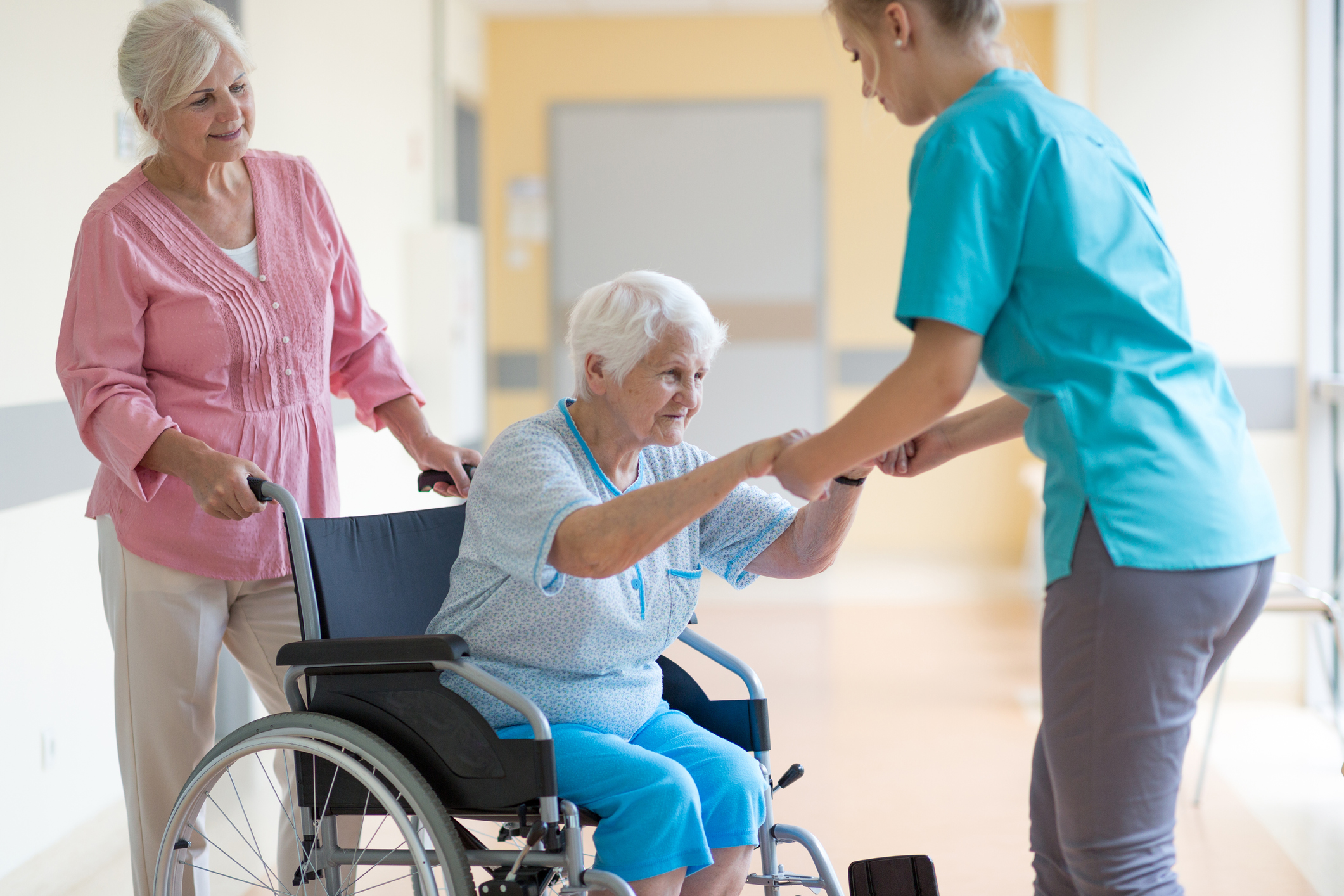
Causes of Movement Disorders
Movement disorders develop due to a variety of underlying factors, including:
Genetic conditions such as Huntington’s disease, inherited dystonias, and hereditary ataxias.
Degeneration of brain areas involved in movement control, including the basal ganglia and cerebellum.
Neurochemical imbalances, especially involving dopamine and other neurotransmitters.
Infections such as encephalitis or meningitis can damage brain tissue.
Side effects of medications, particularly long-term use of dopamine-blocking drugs like antipsychotics.
Brain injury caused by trauma, stroke, tumors, or lack of oxygen.
Vascular conditions affecting the blood supply to motor regions of the brain.
Metabolic or systemic disorders such as thyroid disease, liver failure, or Wilson’s disease.
Autoimmune conditions that trigger inflammation in the nervous system
Symptoms of Movement Disorders
The symptoms of movement disorders vary depending on the type of condition. Common symptoms include
Tremors or rhythmic shaking at rest or during movement.
Slowed movement that interferes with walking or daily tasks.
Muscle stiffness or rigidity that limits the range of motion.
Involuntary movements such as twisting, jerking, writhing, or repetitive motions.
Poor coordination and difficulty with fine motor skills, such as writing or buttoning clothes.
Balance problems leading to frequent falls.
Changes in posture or abnormal body positioning.
Motor or vocal tics, including repetitive sounds or gestures.
Fatigue and reduced endurance during physical activity.
Speech or swallowing difficulties in advanced cases.
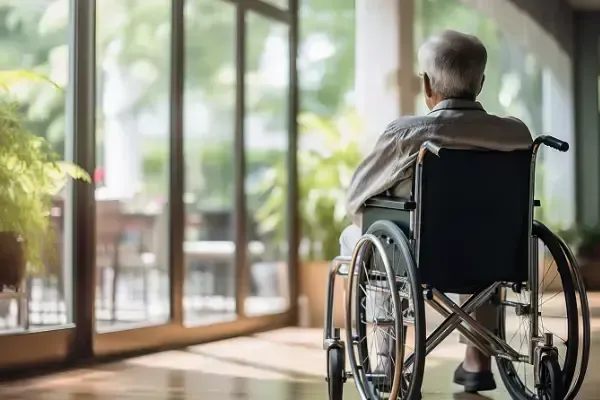

Diagnosis of Movement Disorders
Accurate diagnosis requires a detailed and structured neurological evaluation.
1. Medical History and Symptom Review
Neurologists review symptom onset, progression, triggers, and severity. Family history and medication exposure play an important role in identifying inherited or drug-induced conditions.
2. Physical and Neurological Examination
A thorough neurological exam will be conducted to assess muscle strength, coordination, reflexes, and movement patterns. This will help identify any signs of a movement disorder. Examinations assess muscle tone, strength, reflexes, coordination, posture, gait, and movement patterns during rest and activity.
3. Imaging Studies
MRI or CT scans – Imaging may be used to rule out other causes, such as tumors or stroke, and assess brain structure and function.
DaTscan – A specialized imaging technique used to evaluate dopamine levels in the brain, which can help in diagnosing Parkinson’s disease.
4. Genetic Testing
Genetic testing confirms inherited movement disorders such as Huntington’s disease or certain ataxias when clinical features suggest a genetic cause.
5. Blood Tests
Blood tests help identify infections, metabolic abnormalities, autoimmune conditions, or toxic exposures that may contribute to movement symptoms.
Treatment Options for Movement Disorders
While many movement disorders do not have a cure, treatment focuses on symptom control, functional improvement, and quality of life.
1. Medications
Levodopa – Commonly used in the treatment of Parkinson’s disease, levodopa helps replace dopamine in the brain to improve motor function.
Anticholinergic drugs – Help control tremors and rigidity in conditions like Parkinson’s disease.
Botulinum Toxin (Botox) – Used to treat dystonia and other conditions involving muscle contractions by temporarily paralyzing affected muscles.
Dopamine Agonists – These drugs mimic dopamine and can be used in Parkinson’s disease to improve movement.
Antidepressants – Prescribed if there is a co-occurring mood disorder, such as depression or anxiety, that worsens movement symptoms.

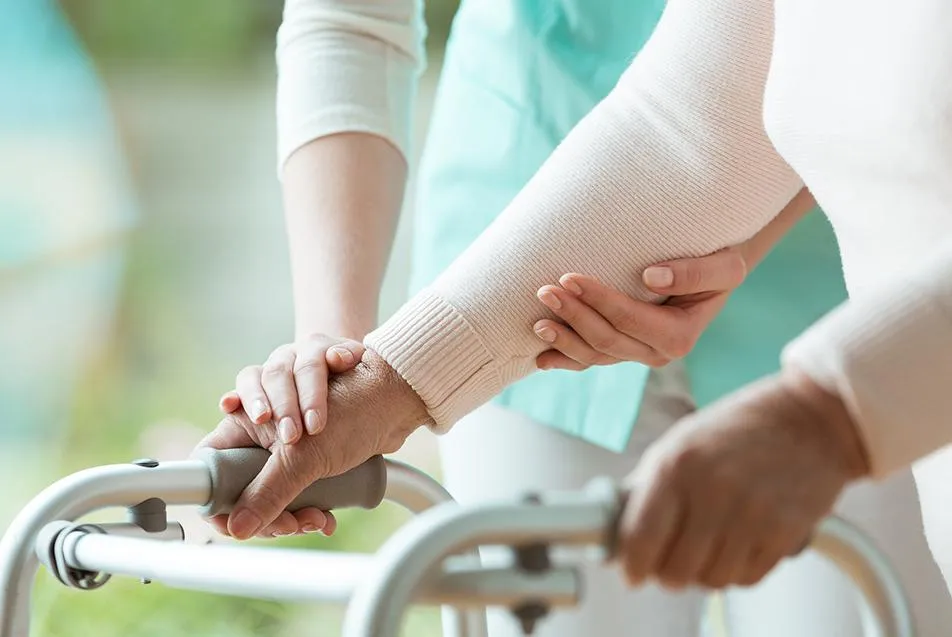
2. Physical and Occupational Therapy
Physical Therapy (PT) – It helps to improve strength, flexibility, coordination, balance, and walking ability, particularly in conditions like Parkinson’s disease and ataxia.
Occupational Therapy (OT) – Focuses on improving fine motor skills, helping patients with daily activities such as dressing and eating. It helps patients adapt to daily activities, use assistive devices, and maintain independence.
3. Deep Brain Stimulation (DBS)
Deep brain stimulation uses implanted electrodes to regulate abnormal brain signals. This treatment benefits selected patients with Parkinson’s disease, essential tremor, or dystonia when medications lose effectiveness.
4. Lifestyle Modifications
Regular exercise supports mobility, balance, and overall physical health.
Adequate sleep and stress management help reduce symptom severity.
Balanced nutrition supports brain and nerve function.
5. Supportive Therapies
Speech Therapy – Speech therapy improves speech clarity and swallowing safety.
Counseling and Support Groups – Psychological counseling and support groups help patients and families cope with chronic symptoms and lifestyle changes.


Living with Movement Disorders
Mir Neurology focuses on helping you live well, not only manage symptoms. A movement disorder can change how your body behaves, sometimes in unpredictable ways, but it does not define who you are. With the right diagnosis and a treatment plan tailored to your needs, many people remain active, independent, and engaged in daily life.
Mir Neurology serves patients in Hagerstown and Cumberland, Maryland, providing comprehensive neurological care close to home. Treatment plans combine medications, therapy, lifestyle guidance, and advanced options when appropriate. The care team works closely with you, adjusts treatment as symptoms change, and keeps goals realistic. Progress often comes in small steps, and some days move better than others, but steady support, clear guidance, and a sense of humor help make the process easier.
If you or a loved one experiences tremors, stiffness, involuntary movements, or balance problems, schedule an appointment with Mir Neurology. Early evaluation and personalized care help improve movement, function, and quality of life. Contact the office today to take the next step toward better neurological health.
Get Expert Help
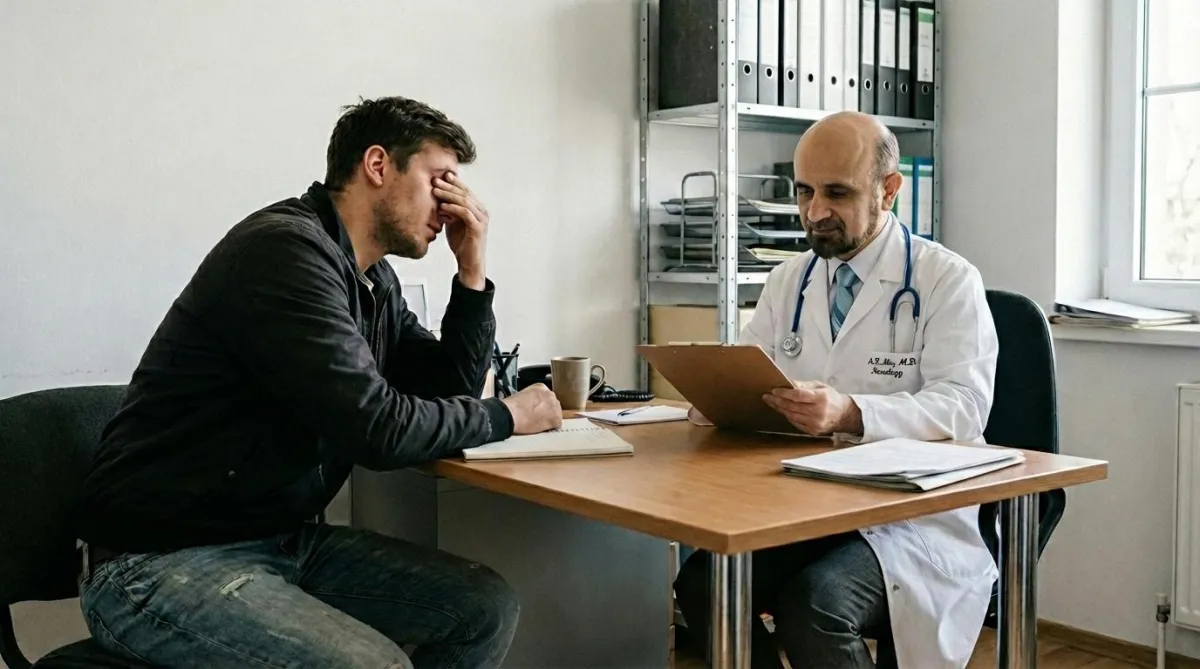
If you or a loved one is experiencing memory loss or cognitive decline, early diagnosis is key to effective management. Consult with our neurology specialists for personalized assessment and care plans.
Our Locations
To learn more about our experience or discuss your treatment options, please call us at (301) 797-7600 or schedule a consultation today!
Get our wellness newsletter
Filter out the noise and nurture your inbox with health and wellness advice that’s inclusive and rooted in medical expertise.
Contact Us
Complaint and Queries
(301) 517-7636
About | Careers
© Copyright 2026. Mir Neurology. All Rights Reserved.
A Part of Highland Healthy Living. Powered By CareSyncMarketing



